European Commission President Ursula von der Leyen also mentioned at the much-debated Strasbourg plenary session last week that the European Union will be providing a €50 billion aid package to Ukraine over the next three years. The aid is aimed at stabilising the Ukrainian economy, covering the costs of the war and helping to rebuild the country.
The time frame in the announcement has left many wondering: Does Brussels already anticipate the war to continue for at least three more years? This approach raises serious doubts about the EU's ambitions for peace.
A key element of the package is that the money would arrive in installments to ensure continuous support for Ukraine. Ursula von der Leyen underlined this solution during her visit to Kyiv, where she announced that
€35 billion of the funds to be given by 2025 have already been granted.
The facility consists of €17 billion in grants and €33 billion in loans. To finance the loan support, the European Union will raise €33 billion from the financial markets by the end of 2027 through the issuance of EU bonds under the Single Financial Market Strategy. This financing will be covered by the EU budget reserve. The sums needed will be covered by the EU's debt issuance programme during this period. The grant will be financed from the EU's annual budget under a new special instrument, the "Ukraine reserve", over and above the expenditure ceiling of the Multiannual Financial Framework (MFF). This instrument will be mobilized each year within the framework of the annual budgetary procedure in order to take best account of the progress made in the implementation of EU assistance and reforms, as well as of possible needs that may arise as the situation evolves.
The three-year time frame suggests that Brussels is not expecting a quick peace settlement, but is preparing for a protracted war. Von der Leyen stressed that the EU will continue to support Ukraine until it manages to defeat the Russians - regardless of what happens in the US presidential election.
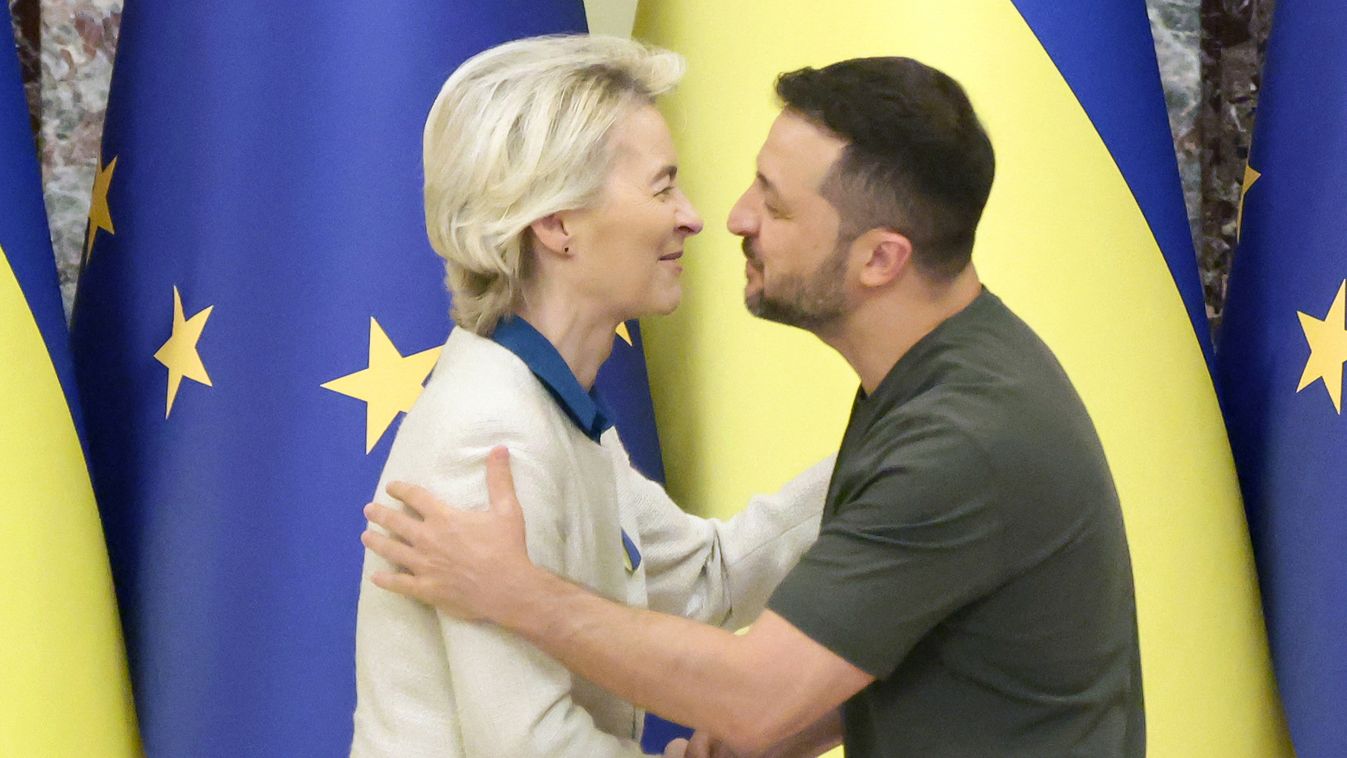

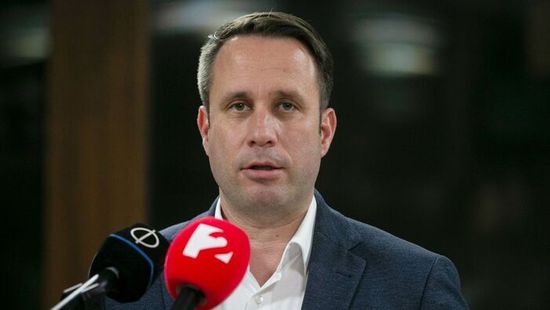
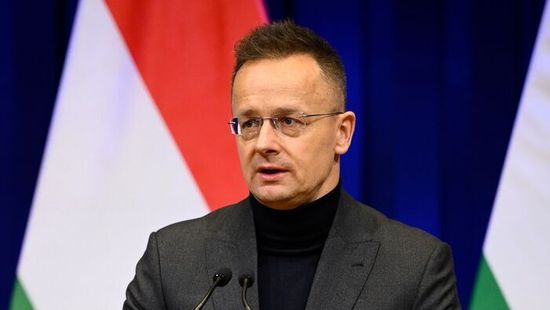
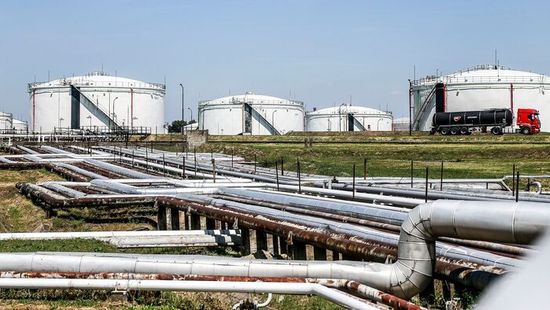


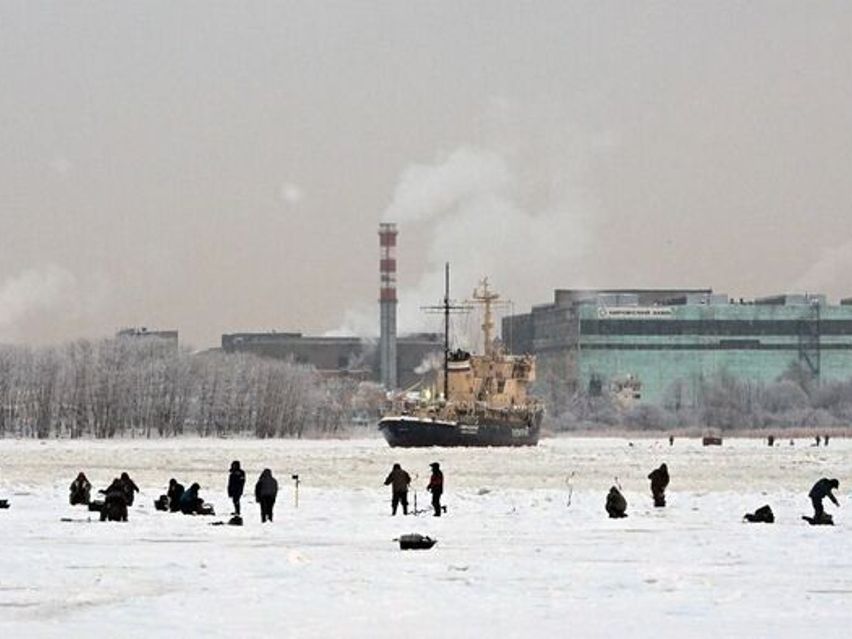



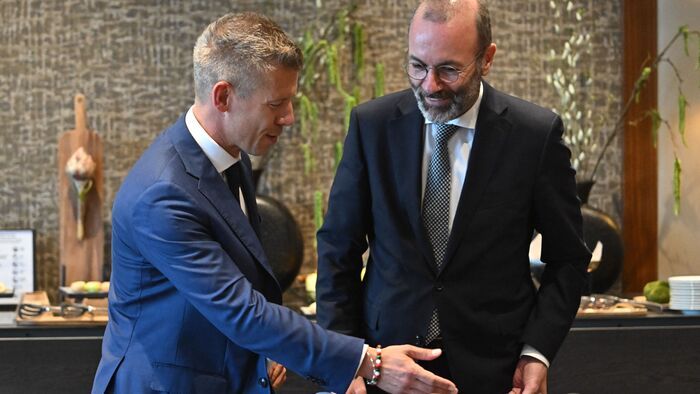
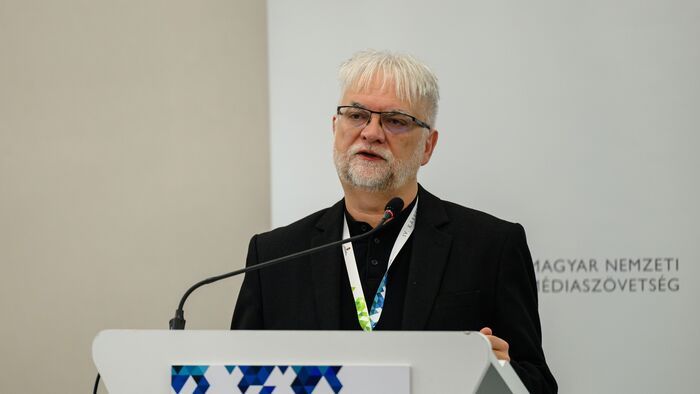
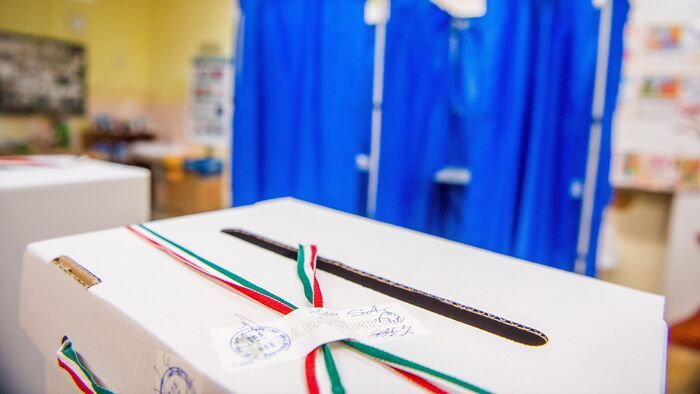
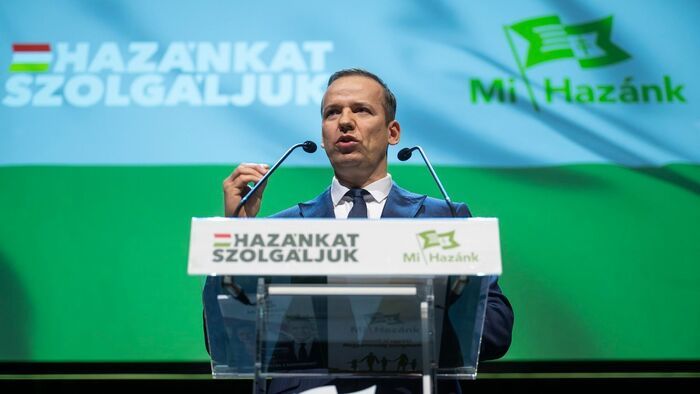
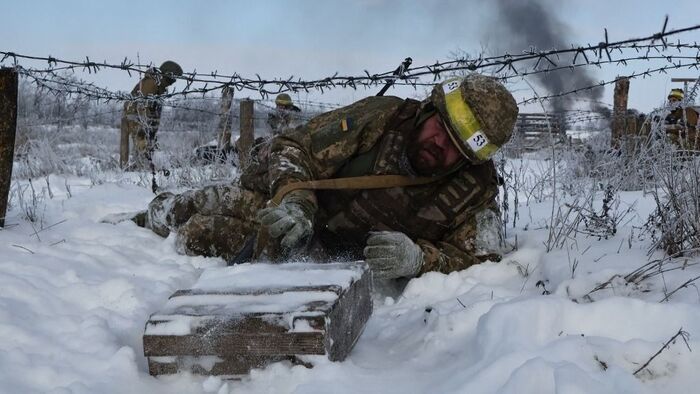
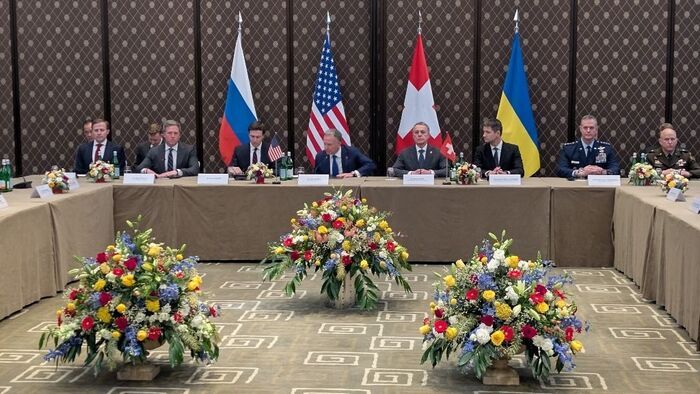
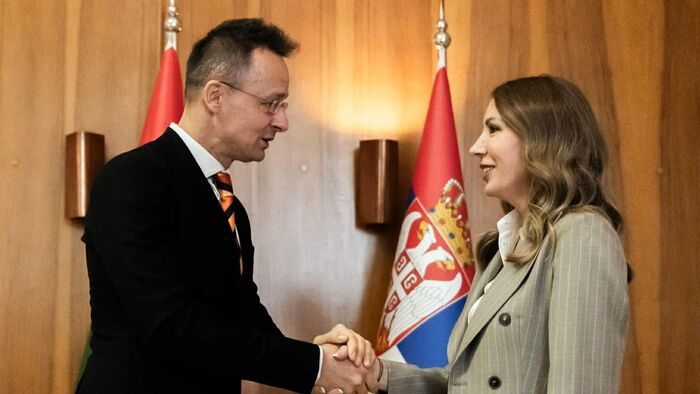


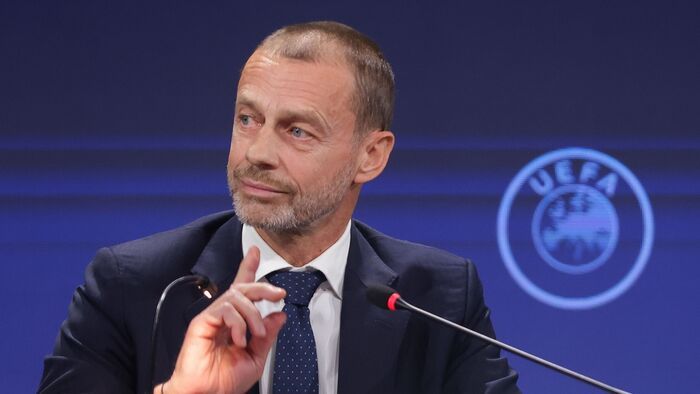
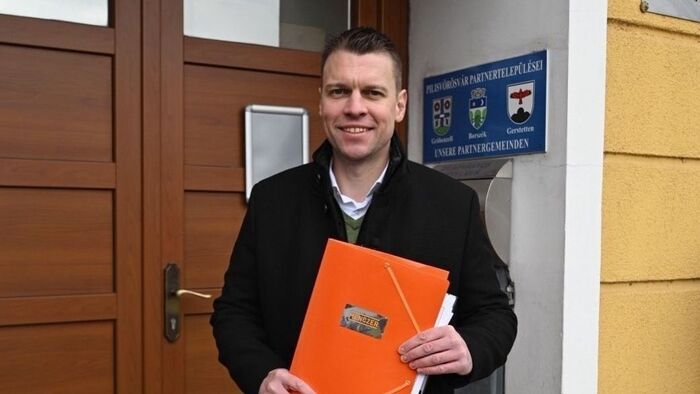

Szóljon hozzá!
Jelenleg csak a hozzászólások egy kis részét látja. Hozzászóláshoz és a további kommentek megtekintéséhez lépjen be, vagy regisztráljon!